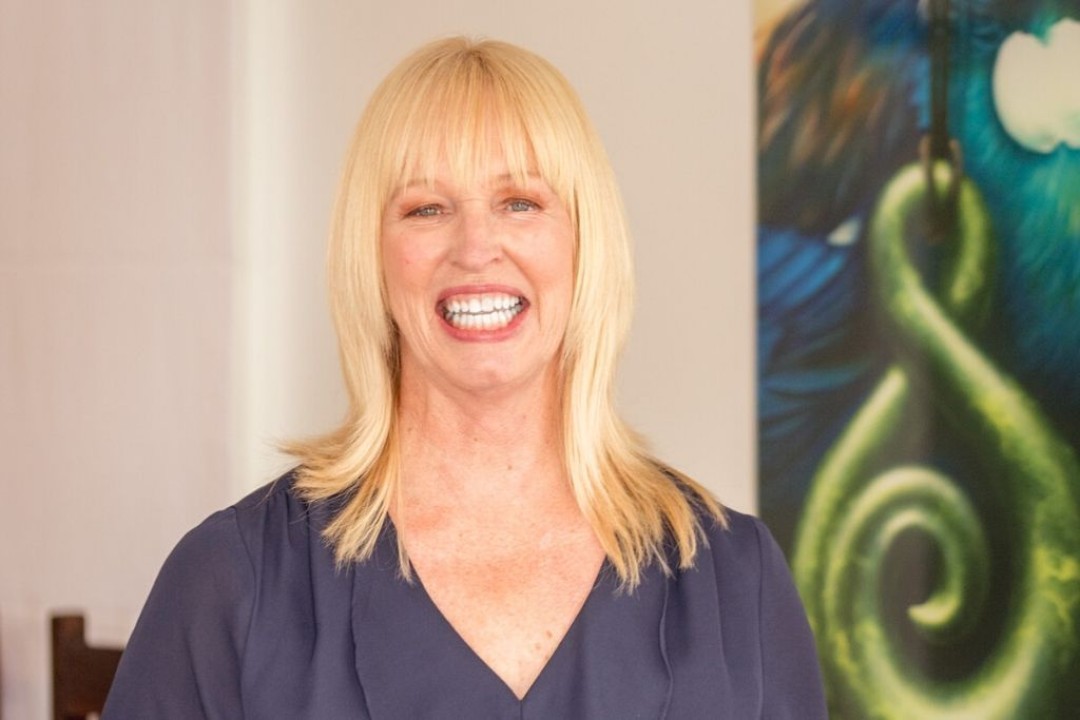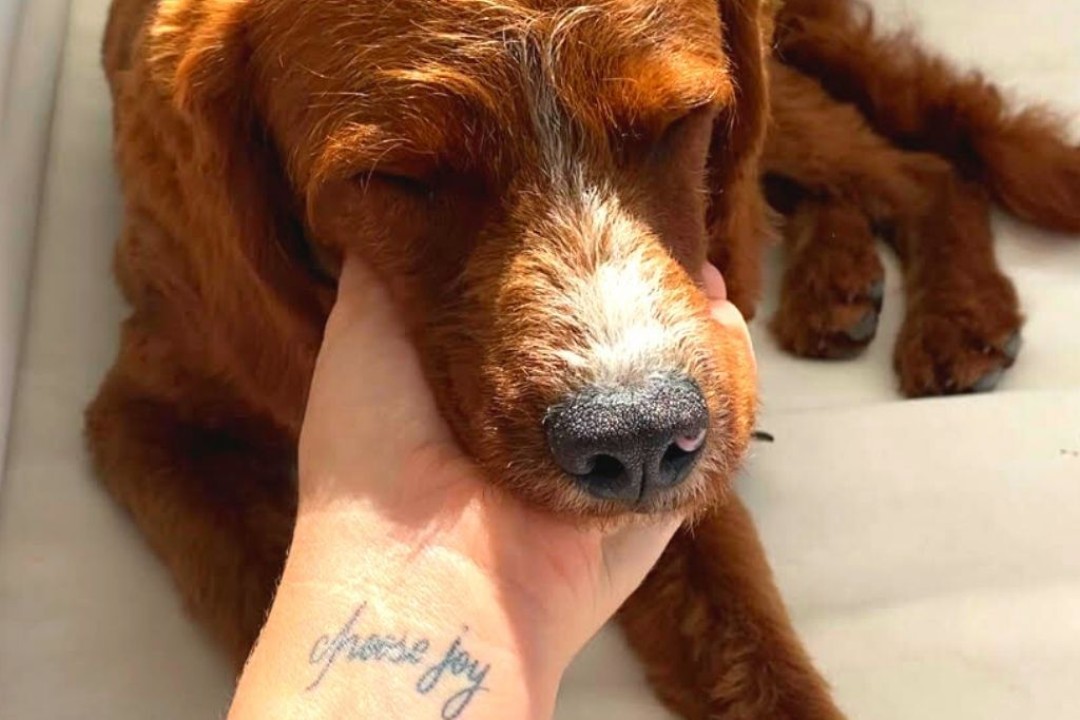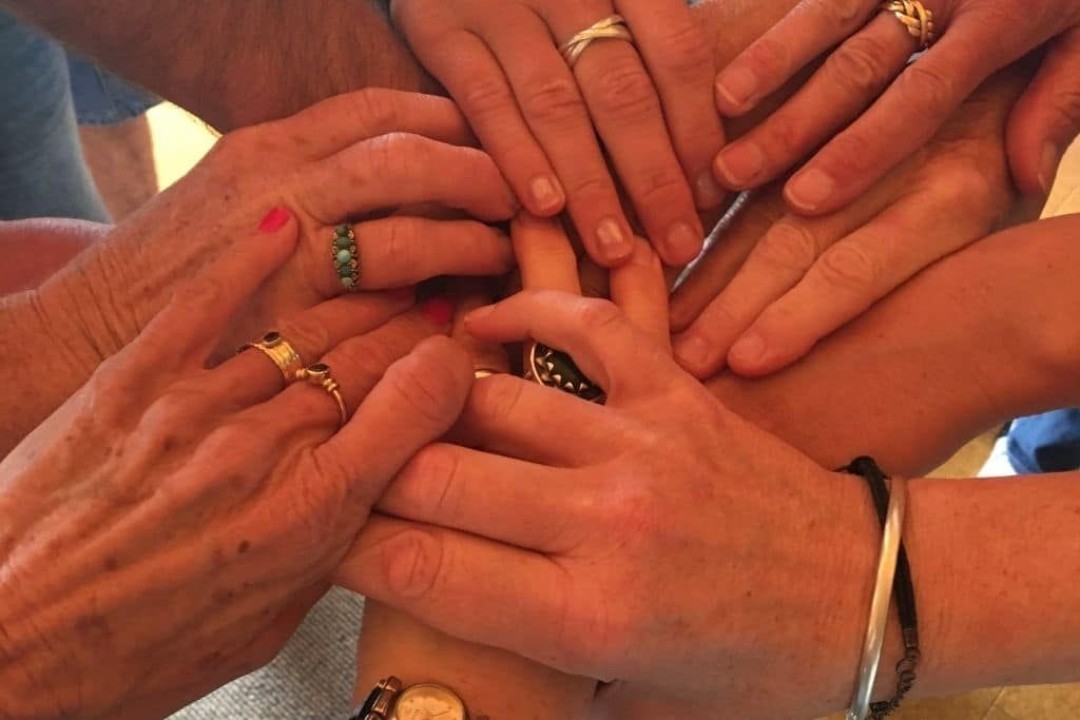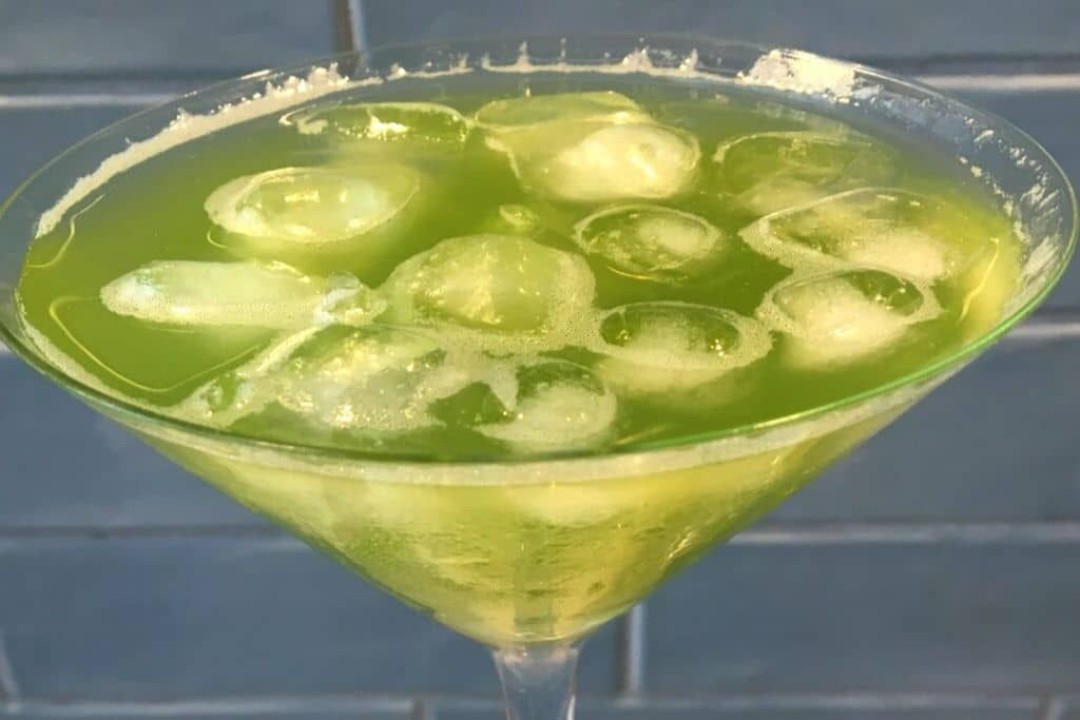Sober Story: Emily
January 26th, 2024 Interviews
This week’s Sober Story comes from Emily, a 48-year-old living in London.
========
Mrs D: How long have you been in recovery?
Emily: Around 8.5 years. I stopped drinking in March 2015.
Mrs D: What can you tell us about the last months/years of your drinking before you gave up?
Emily: I’d drunk since my mid-teens. For most of my 20s and 30s you’d have classified me as a binge drinker – classic 90s party girl who kept up with the lads and spent most of my weekends s**tfaced, plus some of the week too. About 5 years before I finally quit drinking I had a very bad incident and sought help from a local alcohol service. I was referred to a counselor who, despite my history of drinking, alcoholism in my family and some fairly bad things having happened whilst I was drunk, advised that I could try moderation. After that, my drinking definitely improved and I was more able to go out and not come back completely pissed (although not always). I also then had kids – two girls but I carried on drinking. A few months before I finally stopped drinking, my partner and I moved to Auckland from the UK. I’d just stopped breastfeeding my second child and I was drinking on a daily basis. Often just a couple of drinks but it was hard not to drink every day. And even a couple of drinks was affecting my sleep and my mood. I could feel myself getting ratty with the kids at bedtime because they were getting between me and my drink. Plus a couple of nights a week I was drinking way more than that and feeling pretty ropey. It may not sound like a lot but I could feel the steady drip, drip of being a mum with a booze problem and knew it would probably get worse.
Mrs D: What was the final straw that led you to get sober?
Emily: After being in Auckland for a few months and moving into our new home, my partner and I decided to throw a little housewarming party and invite all the new people we’d met plus our neighbours and some of my partner’s colleagues. It was a pretty low-key affair on a Sunday afternoon. Everyone else probably had a couple of drinks and I got excited / nervous and managed to sink a couple of bottles of fizz. I woke up in the middle of the night with the sweats, unable to remember putting my kids to bed. I had to get up and make sure they were OK. I lay awake all the rest of the night, feeling shame and remorse, going through the ‘what ifs’. I stopped drinking immediately, not knowing if it would be for a week, a month or forever. What really tipped me into deciding to stop for good was looking back over old diaries. I realised that, since deciding to moderate my drinking 5 years previously, I could still count a significant number of times where I’d drunk to the point of blacking out, where I’d put myself or my kids at risk or done things which jeopordised my relationship and friendships. For me that, alongside the crap sleep and feeling hungover too often, plus having grown up in a household where alcohol was an issue, pushed me towards stopping for good.
Mrs D: How was it for you in the early days? What was most difficult?
Emily: Those first few weeks were really really hard. I was on the other side of the world from my friends, family and support networks. I had no job to get me out of the house and was looking after two small kids. I remember the week after the party my partner had to travel to Sydney and I felt so alone and bleak. I remember crying a lot! Then things calmed down and I felt very certain that I’d made the right decision. The advantage of being somewhere new, where no one knew me was that people had no expectations of me. Perhaps it made it harder to make friends, since I think some people didn’t invite me out but I didn’t have to deal with boozy friends relying on me to drink with them. I could just be Emily who doesn’t drink. Then of course the hardest thing was all the firsts – first holiday sober, first birthday, first Christmas etc. But like so much stuff when you’re learning to be sober, the expectation is much worse than the experience itself. You think it’s going to be really hard but actually it’s OK. You learn a different value to all those special events and social occasions.
Mrs D: What tool or tools did you use to help you?
Emily: I am 100% convinced that if I hadn’t found the Living Sober community I would not have stopped drinking when I did. It would have happened eventually but not then. My mum, who also struggles with booze, had recommended Lotta’s book to me and it just resonated so much. I was of a similar age, just moved to Auckland because of my husband’s job and looking after young kids. The drinking seemed very familiar too. I found Lotta’s story so relatable and from there found the rest of the community. It was important to me to find people who had a problem with wine o’clock rather than the ‘proper alcoholics’ that I’d previously encountered when I’d strayed into an AA meeting – all bottles of whiskey and lives in tatters. Finding other ‘functional’ alcoholics trying to stop and the support I got from them got me through. I also read a bit – other sober memoirs, again seeking out the ones I found most relatable. After a few months sober, things started bubbling up emotionally. My brother was very sick and I realised that stuff from my past was coming back in ways it hadn’t previously. I decided to start seeing a psychotherapist which really helped. I think it’s inevitable that, when you stop drinking, you are faced by the things that pushed you towards drink in the first place, whether that’s trauma or other difficulties from your past. Therapy really helped me come to terms with that, understand myself a bit better and help me feel more comfortable with who I was and why.
Mrs D: What reaction did you get from family & friends when you started getting sober?
Emily: I guess my situation was quite different because I had so few friends and family around when I got sober. I think it took a while for my partner to come to terms with and accept that I really needed to stop drinking altogether but overall he’s been very supportive. Amongst my new friends in Auckland people were intrigued as to why I didn’t drink. You know, folks always want to test the water, want to see themselves reflected in you to find out if they have a problem too. I also got a bit of people asking why I couldn’t have just ‘one’ or a glass on special occasions, which was annoying but I could brush off. At that time it was harder as I didn’t really identify with words like ‘alcoholic’ or being ‘ in recovery’, which in a way made it less clear to other people why I wouldn’t drink. Now I feel more at ease using that kind of terminology if it’s needed.
Mrs D: Have you ever experienced a relapse?
Emily: Not since I made the decision to be sober for good. I guess if I look back at that first time I sought help, which probably really was my rock bottom in terms of my drinking, I should probably have stopped then so in a way the years after that were a relapse.
Mrs D: How long did it take for things to start to calm down for you emotionally & physically?
Emily: I think that’s quite tricky question to answer. In some ways everything calmed down relatively quickly – a matter of weeks. I felt a lot calmer, more in control and the immediate emotional outpouring had stopped. But I’ve definitely had a few episodes of poorer mental health since stopping drinking, which I think have been a result of processing trauma alongside other things going on. During the pandemic, for example, I hit a low for a couple of months and had to take a bit of time off work. LIke I said before, I think stopping drinking lifts the lid on your past and things bubble to the surface and need to be dealt with, possibly for the first time in your life. But overall my mental health has been really good since I stopped drinking and I far better understand myself emotionally.
Mrs D: How hard was it getting used to socialising sober?
Emily: I didn’t find it too hard. Perhaps because I had young kids, for a few years I’d done a lot of socialising sober, which was quite a change for me. My younger self had found socilaising without a drink in me very difficult. I learned that it’s always the first drink that’s the hardest and that you often need to go home earlier than other people. But I also quite enjoy being around drinkers still – up to the point where people start talking total crap. I enjoy being with a group of good friends, who are feeling a bit merry. But I’ve also made new friends who are not big drinkers and do different things with them like movies, and galleries or just ging for a walk.
Mrs D: Was there anything surprising that you learned about yourself when you stopped drinking?
Emily: Heaps of things! I learned a lot more about what makes me tick – about my emotions, my triggers. In some ways I learned how to feel, although I do still struggle with that sometimes. I learned that I am OK as a person and don’t need a drink to meet new people. I learned that it’s OK to go a party and feel a bit awkward for the first little while. I’ve learned that it’s much easier to be a good mum without a drink. I’ve learned that I can still have a lot of fun without a drink.
Mrs D: How did your life change?
Emily: There have been lots of changes since then. The most obvious and immediate ones were that my sleep improved, and overall my health improved – I feel my immune system is much stronger. I don’t spend my days feeling somewhere between a bit jaded and completely hanging. But I guess more profound than that, the whole process of stopping drinking, having therapy, doing the ‘work’ has made me a better mother and partner, made me mch more self-aware and has helped grow my confidence. I’ve been quite successful in my career since moving back to the UK five years ago and have been far more able to manage a busy, somewhat stressful job whilst looking after kids. Lots of people would rely on drink to get them through but I honestly think it would have made multi-tasking and the stress a lot more difficult to manage.
Mrs D: What are the main benefits that emerged for you from getting sober?
Emily: Lots of what I’ve said already – better sleep, less shame and hating myself and therefore been able to grow my confidence. I’ve been a more present and emotionally capable parent.
Mrs D: Would you do anything differently given the chance to go through the process again?
Emily: I think being braver about talking about my drinking as a problem and that I was in recovery so that I could set clear expectations and ask for support from people around me might have helped. But it is hard when lots of your friends drink as much or more than you and don’t see it as a problem.
Mrs D: What advice or tips would you have for those who are just starting on this journey?
Emily: I think it’s very hard to do on your own. Finding some sort of support is really important. I’d also look over all the tips on Living Sober – there are heaps on there. I think for me understanding that the first drink of the night is often the hardest and then it gets easier. Also, when you are socialising to stay in control of how long you want to stay. I’ve had to become the queen of ‘the french exit’ i.e. slipping away discreetly before all your half-cut friends start trying to persuade you to stay for longer.
Mrs D: Anything else you’d like to share?
Emily: A common anxiety for people giving up booze is that they or their life will become boring. It won’t. It will be richer and more grounded. If you’re an extravert and enjoy parties, you still will and can. You can still go out dancing, seeing bands, go to festivals – whatever floats your boat. If you really love it, you’ll learn a new way of doing it without drink and remember every minute.
Continue reading
Ask An Expert: Elaine (rehab founder)
Today’s expert is Elaine, the founder of Ocean Hills Detox and Rehabilitation, a private residential service for drug & alcohol addiction based in the Hawkes Bay.
July 20, 2020
My sober pandemic: Jose
“There are down days where I’m really cranky, sad and shouty but that’s life.
May 1, 2020
Connection is what sobriety is all about
I didn’t feel disconnected from myself when I was drinking.
April 7, 2022



